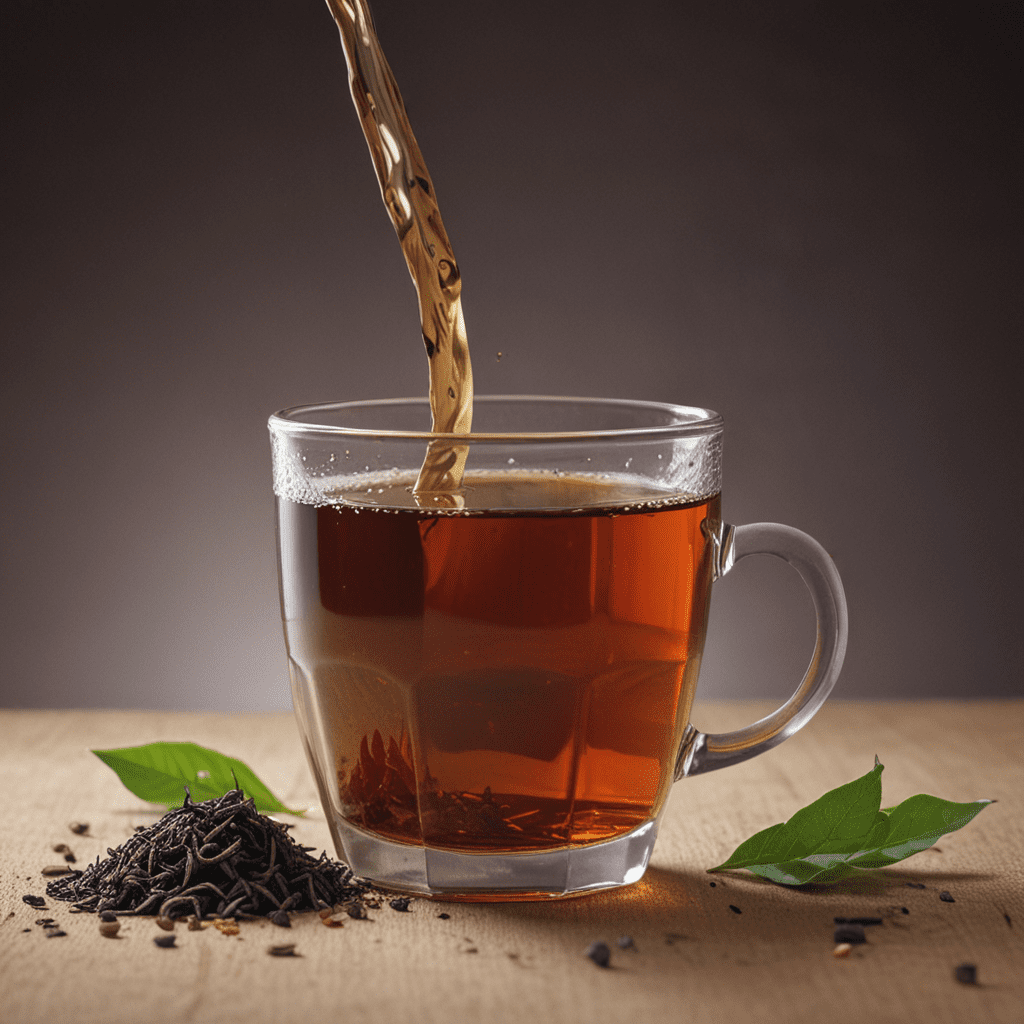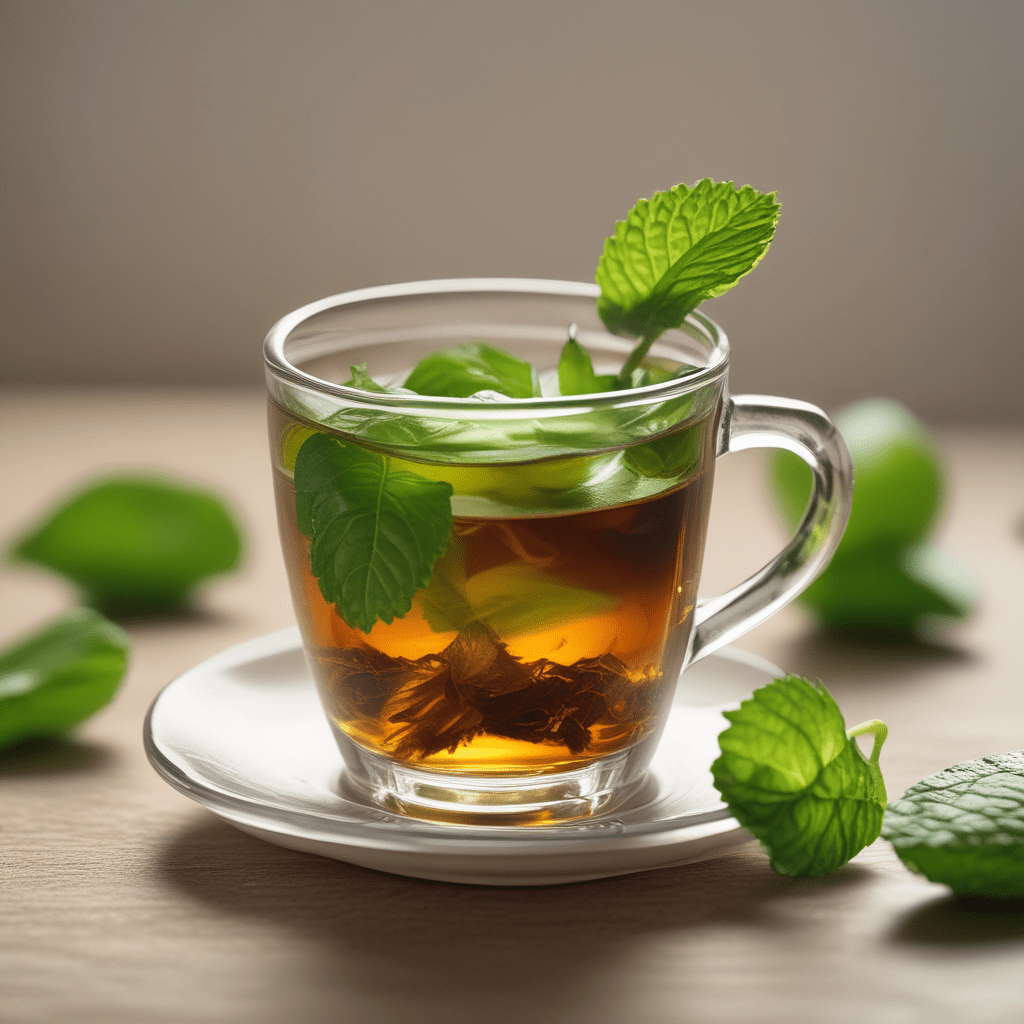Assam Tea: The Pride of Assamese Culture
I. Introduction
Assam, a state in northeastern India, is renowned globally for its exceptional tea production. Tea cultivation forms an integral part of Assam’s cultural fabric, shaping its economy, society, and traditions. The distinctive flavor and aroma of Assam tea have earned it a special place in the hearts of tea enthusiasts worldwide.
II. Historical Background
The origins of tea cultivation in Assam can be traced back to the 19th century when British planters discovered wild tea plants growing in the region. Recognizing its potential, they established commercial tea plantations, transforming Assam into a major tea-producing hub. The British influence left an indelible mark on Assam’s tea industry, which continues to thrive today.
III. Assam Tea’s Unique Characteristics
Assam tea is renowned for its full-bodied, malty flavor and rich, amber color. The unique flavor profile is attributed to the specific soil and climatic conditions of the Brahmaputra River valley, where most of the tea is grown. Assam tea comes in a variety of grades, from premium black teas to light and refreshing green teas.
IV. Geographical Factors Influencing Tea Quality
The Brahmaputra River valley provides an ideal environment for tea cultivation. The fertile alluvial soil, abundant rainfall, and subtropical climate contribute to the distinctive characteristics of Assam tea. The rainfall during the monsoon season flushes out impurities, resulting in a clean and fresh flavor. The humidity also helps the tea leaves to retain their natural oils, giving Assam tea its rich and full-bodied taste.
V. The Tea Plantation Ecosystem
Assam’s tea plantations are not only centers of tea production but also complex ecosystems. Indigenous tribal communities have played a vital role in tea cultivation for generations, bringing their traditional knowledge and skills to the industry. Modern farming practices have been integrated with traditional methods to ensure sustainable tea production while preserving the ecological balance of the plantations.
VI. The Tea Industry in Assam
Assam’s tea industry is a significant contributor to the state’s economy, generating employment opportunities for thousands of people. The industry has evolved from its colonial roots to incorporate modern practices and technology while preserving traditional methods. The government of Assam actively supports the tea industry through various initiatives aimed at improving tea quality and promoting it globally.
VII. Social and Cultural Impacts of Tea
Tea has become an integral part of Assamese society, giving rise to vibrant tea-based communities around the plantations. The industry has fostered a rich cultural heritage with tea festivals and events showcasing traditional dances, songs, and customs associated with tea. Tea is not just a beverage in Assam; it is a symbol of cultural identity and pride.
VIII. Tea Tourism in Assam
The allure of Assam tea has attracted tourists seeking to experience the beauty of the tea gardens and immerse themselves in the local tea culture. Tea tourism companies offer guided tours to plantations, where visitors can learn about the tea-making process, sample freshly brewed tea, and interact with local communities.
IX. Sustainability and Environmental Concerns
The Assam tea industry recognizes the importance of sustainability and environmental protection. Fair trade practices ensure ethical sourcing and equitable distribution of benefits. Conservation efforts are underway to protect the biodiversity of the tea-growing regions, preserve water resources, and reduce the environmental impact of tea production.
X. Conclusion
Assam tea has evolved from its humble beginnings to become a symbol of Assamese culture and heritage. Its distinctive flavor, economic significance, and social impact have made it an integral part of the state’s identity. The continued commitment to sustainability and the preservation of traditional knowledge ensure that Assam tea remains a source of pride and enjoyment for generations to come.
FAQ
What are the different types of Assam tea?
Assam tea is available in a variety of grades, including black, green, and white tea.
What makes Assam tea unique?
Assam tea is known for its full-bodied, malty flavor and rich, amber color, attributed to the specific soil and climatic conditions of the Brahmaputra River valley.
How is Assam tea cultivated?
Assam tea is grown in large plantations, where indigenous tribal communities play a vital role in cultivation, using traditional methods combined with modern farming practices.
What are the benefits of drinking Assam tea?
Assam tea is a rich source of antioxidants and has various health benefits, including improving heart health, reducing inflammation, and boosting the immune system.
How can I visit tea plantations in Assam?
Tea tourism companies offer guided tours to tea plantations in Assam, allowing visitors to experience the tea-making process and immerse themselves in the local culture.



